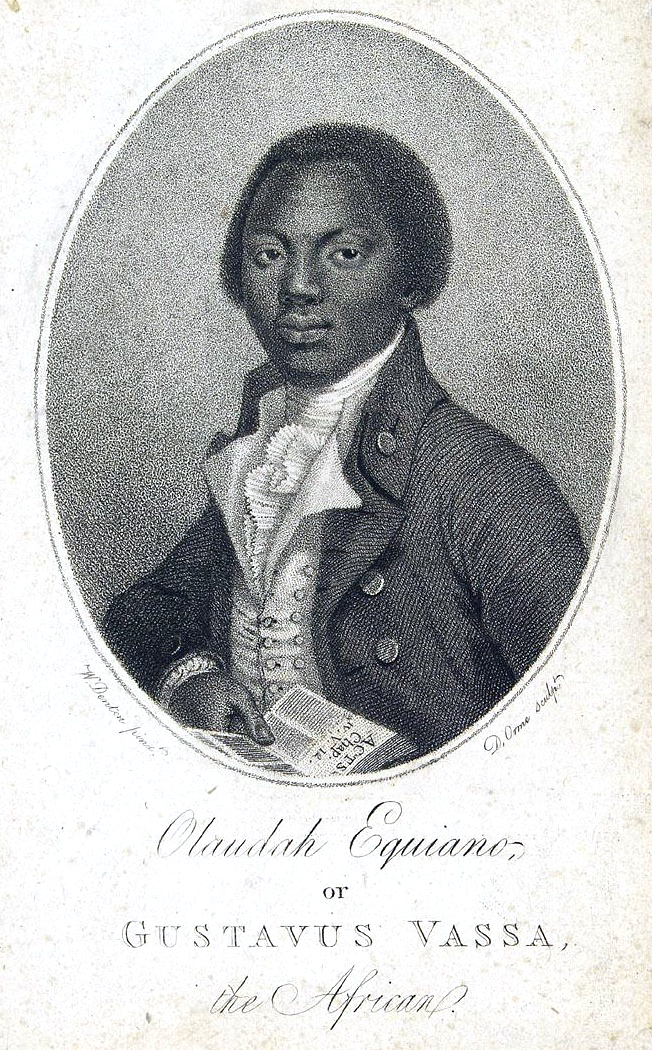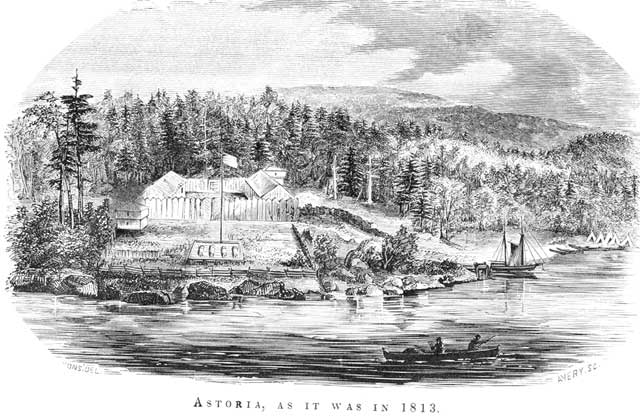|
Prosper, Texas
Prosper is a town in Collin and Denton counties in the U.S. state of Texas. Prosper is located within the Dallas-Fort Worth-Arlington metropolitan area. As of the 2010 census, its population was 9,423; as of 2020, its population was 30,174. History The first settlers arrived in 1846 to farm cotton in the black fertile prairie soil. Between 1850 and 1902, two settlements existed - Rock Hill was two miles south of the present town and Richland was one mile north. The development of these small communities was expedited in 1876 when county courts ordered small tracts of land to be established for a quick sale. These tracts, each about 160 acres in size, were sold for $3.50 per acre. Dr. A. T. Bryant of McKinney purchased what later became the center of the present town. The towns merged during the establishment of St. Louis & San Francisco Railroad in March 1902. For years, Prosper was the central stop for the railroad between Dallas and Sherman. When community officials applied ... [...More Info...] [...Related Items...] OR: [Wikipedia] [Google] [Baidu] |
Town
A town is a human settlement. Towns are generally larger than villages and smaller than cities, though the criteria to distinguish between them vary considerably in different parts of the world. Origin and use The word "town" shares an origin with the German word , the Dutch word , and the Old Norse . The original Proto-Germanic word, *''tūnan'', is thought to be an early borrowing from Proto-Celtic *''dūnom'' (cf. Old Irish , Welsh ). The original sense of the word in both Germanic and Celtic was that of a fortress or an enclosure. Cognates of ''town'' in many modern Germanic languages designate a fence or a hedge. In English and Dutch, the meaning of the word took on the sense of the space which these fences enclosed, and through which a track must run. In England, a town was a small community that could not afford or was not allowed to build walls or other larger fortifications, and built a palisade or stockade instead. In the Netherlands, this space was a garden, mor ... [...More Info...] [...Related Items...] OR: [Wikipedia] [Google] [Baidu] |
United States Geological Survey
The United States Geological Survey (USGS), formerly simply known as the Geological Survey, is a scientific agency of the United States government. The scientists of the USGS study the landscape of the United States, its natural resources, and the natural hazards that threaten it. The organization's work spans the disciplines of biology, geography, geology, and hydrology. The USGS is a fact-finding research organization with no regulatory responsibility. The agency was founded on March 3, 1879. The USGS is a bureau of the United States Department of the Interior; it is that department's sole scientific agency. The USGS employs approximately 8,670 people and is headquartered in Reston, Virginia. The USGS also has major offices near Lakewood, Colorado, at the Denver Federal Center, and Menlo Park, California. The current motto of the USGS, in use since August 1997, is "science for a changing world". The agency's previous slogan, adopted on the occasion of its hundredt ... [...More Info...] [...Related Items...] OR: [Wikipedia] [Google] [Baidu] |
5K Run
The 5K run is a long-distance road running competition over a distance of . Also referred to as the 5K road race, 5 km, or simply 5K, it is the shortest of the most common road running distances. It is usually distinguished from the 5000 metres track running event by stating the distance in kilometres, rather than metres. Among road running events, the 5K distance is mostly popular with novice or infrequent runners or joggers, as it is comparatively easier to complete the distance without endurance training. The 5K distance also makes the distance suitable for people looking to improve or maintain their general physical fitness, rather than develop long-distance running abilities. The brevity of the distance means that less time is required to take part in the activity and that people from a wide range of ages and abilities may participate. From a physiological perspective, five kilometres is towards the low end of endurance running. The combination of the activity's simpl ... [...More Info...] [...Related Items...] OR: [Wikipedia] [Google] [Baidu] |
2010 United States Census
The United States census of 2010 was the twenty-third United States national census. National Census Day, the reference day used for the census, was April 1, 2010. The census was taken via mail-in citizen self-reporting, with enumerators serving to spot-check randomly selected neighborhoods and communities. As part of a drive to increase the count's accuracy, 635,000 temporary enumerators were hired. The population of the United States was counted as 308,745,538, a 9.7% increase from the 2000 census. This was the first census in which all states recorded a population of over half a million people as well as the first in which all 100 largest cities recorded populations of over 200,000. Introduction As required by the United States Constitution, the U.S. census has been conducted every 10 years since 1790. The 2000 U.S. census was the previous census completed. Participation in the U.S. census is required by law of persons living in the United States in Title 13 of the United ... [...More Info...] [...Related Items...] OR: [Wikipedia] [Google] [Baidu] |
2020 United States Census
The United States census of 2020 was the twenty-fourth decennial United States census. Census Day, the reference day used for the census, was April 1, 2020. Other than a pilot study during the 2000 census, this was the first U.S. census to offer options to respond online or by phone, in addition to the paper response form used for previous censuses. The census was taken during the COVID-19 pandemic, which affected its administration. The census recorded a resident population of 331,449,281 in the fifty states and the District of Columbia, an increase of 7.4 percent, or 22,703,743, over the preceding decade. The growth rate was the second-lowest ever recorded, and the net increase was the sixth highest in history. This was the first census where the ten most populous states each surpassed 10 million residents as well as the first census where the ten most populous cities each surpassed 1 million residents. Background As required by the United States Constitution, the U.S. cens ... [...More Info...] [...Related Items...] OR: [Wikipedia] [Google] [Baidu] |
Hispanic And Latino Americans
Hispanic and Latino Americans ( es, Estadounidenses hispanos y latinos; pt, Estadunidenses hispânicos e latinos) are Americans of Spanish and/or Latin American ancestry. More broadly, these demographics include all Americans who identify as Hispanic or Latino regardless of ancestry.Mark Hugo Lopez, Jens Manuel Krogstad and Jeffrey S. PasselWho Is Hispanic? Pew Research Center (November 11, 2019). As of 2020, the Census Bureau estimated that there were almost 65.3 million Hispanics and Latinos living in the United States and its territories (which include Puerto Rico). "Origin" can be viewed as the ancestry, nationality group, lineage or country of birth of the person or the person's parents or ancestors before their arrival in the United States of America. People who identify as Hispanic or Latino may be of any race. As one of the only two specifically designated categories of ethnicity in the United States (the other being "Not Hispanic or Latino"), Hispanics and Latinos f ... [...More Info...] [...Related Items...] OR: [Wikipedia] [Google] [Baidu] |
Multiracial Americans
Multiracial Americans are Americans who have mixed ancestry of two or more races. The term may also include Americans of mixed race ancestry who self-identify with just one group culturally and socially (cf. the one-drop rule). In the 2010 United States census, approximately 9 million individuals or 3.2% of the population, self-identified as multiracial. There is evidence that an accounting by genetic ancestry would produce a higher number. Historical reasons are said to have created a racial caste such as the European-American suppression of Native Americans, often led people to identify or be classified by only one ethnicity, generally that of the culture in which they were raised.Gates, Henry Louis, Jr. ''Faces of America: How 12 Extraordinary Americans Reclaimed Their Pasts'' (New York University Press, 2010) Prior to the mid-20th century, many people hid their multiracial heritage because of racial discrimination against minorities. While many Americans may be considered mult ... [...More Info...] [...Related Items...] OR: [Wikipedia] [Google] [Baidu] |
Pacific Islander Americans
Pacific Islander Americans (also known as Oceanian Americans) are Americans who are of Pacific Islander ancestry (or are descendants of the indigenous peoples of Oceania or of Austronesian descent). For its purposes, the United States census also counts Indigenous Australians as part of this group. Pacific Islander Americans make up 0.5% of the U.S. population including those with partial Pacific Islander ancestry, enumerating about 1.4 million people. The largest ethnic subgroups of Pacific Islander Americans are Native Hawaiians, Samoans, Chamorros, Fijians, Marshalleses, Tongans, and Tahitians. American Samoa, Guam, and the Northern Mariana Islands are insular areas (U.S. territories), while Hawaii is a state. History First stage: Hawaiian migration (18th-19th centuries) Migration from Oceania to the United States began in the last decade of the 18th century, but the first migrants to arrive in the country were natives of Hawaii. People from other Oceanian backgro ... [...More Info...] [...Related Items...] OR: [Wikipedia] [Google] [Baidu] |
Asian Americans
Asian Americans are Americans of Asian ancestry (including naturalized Americans who are immigrants from specific regions in Asia and descendants of such immigrants). Although this term had historically been used for all the indigenous peoples of the continent of Asia, the usage of the term "Asian" by the United States Census Bureau only includes people with origins or ancestry from the Far East, Southeast Asia, and the Indian subcontinent and excludes people with ethnic origins in certain parts of Asia, including West Asia who are now categorized as Middle Eastern Americans. The "Asian" census category includes people who indicate their race(s) on the census as "Asian" or reported entries such as "Chinese, Indian, Filipino, Vietnamese, Indonesian, Korean, Japanese, Pakistani, Malaysian, and Other Asian". In 2020, Americans who identified as Asian alone (19,886,049) or in combination with other races (4,114,949) made up 7.2% of the U.S. population. Chinese, Indian, and Filip ... [...More Info...] [...Related Items...] OR: [Wikipedia] [Google] [Baidu] |
Alaska Native
Alaska Natives (also known as Alaskan Natives, Native Alaskans, Indigenous Alaskans, Aboriginal Alaskans or First Alaskans) are the indigenous peoples of Alaska and include Iñupiat, Yupik, Aleut, Eyak, Tlingit, Haida, Tsimshian, and a number of Northern Athabaskan cultures. They are often defined by their language groups. Many Alaska Natives are enrolled in federally recognized Alaska Native tribal entities, who in turn belong to 13 Alaska Native Regional Corporations, who administer land and financial claims. Ancestors of Native Alaskans or Alaska Natives migrated into the area thousands of years ago, in at least two different waves. Some are descendants of the third wave of migration, in which people settled across the northern part of North America. They never migrated to southern areas. For this reason, genetic studies show they are not closely related to native peoples in South America. Alaska Natives came from Asia. Anthropologists have stated that their journey from ... [...More Info...] [...Related Items...] OR: [Wikipedia] [Google] [Baidu] |
Native Americans In The United States
Native Americans, also known as American Indians, First Americans, Indigenous Americans, and other terms, are the Indigenous peoples of the mainland United States ( Indigenous peoples of Hawaii, Alaska and territories of the United States are generally known by other terms). There are 574 federally recognized tribes living within the US, about half of which are associated with Indian reservations. As defined by the United States Census, "Native Americans" are Indigenous tribes that are originally from the contiguous United States, along with Alaska Natives. Indigenous peoples of the United States who are not listed as American Indian or Alaska Native include Native Hawaiians, Samoan Americans, and the Chamorro people. The US Census groups these peoples as " Native Hawaiian and other Pacific Islanders". European colonization of the Americas, which began in 1492, resulted in a precipitous decline in Native American population because of new diseases, wars, ethni ... [...More Info...] [...Related Items...] OR: [Wikipedia] [Google] [Baidu] |
Non-Hispanic Or Latino African Americans
African Americans (also referred to as Black Americans and Afro-Americans) are an ethnic group consisting of Americans with partial or total ancestry from sub-Saharan Africa. The term "African American" generally denotes descendants of enslaved Africans who are from the United States. While some Black immigrants or their children may also come to identify as African-American, the majority of first generation immigrants do not, preferring to identify with their nation of origin. African Americans constitute the second largest racial group in the U.S. after White Americans, as well as the third largest ethnic group after Hispanic and Latino Americans. Most African Americans are descendants of enslaved people within the boundaries of the present United States. On average, African Americans are of West/Central African with some European descent; some also have Native American and other ancestry. According to U.S. Census Bureau data, African immigrants generally do not self-ide ... [...More Info...] [...Related Items...] OR: [Wikipedia] [Google] [Baidu] |

.jpg)





.png)

